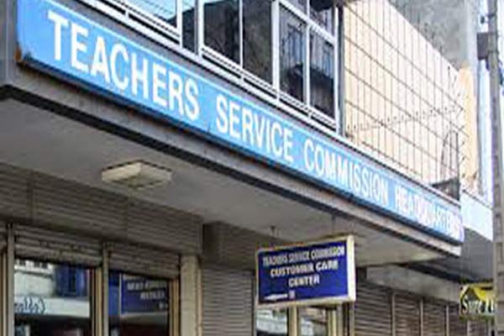×
The Standard e-Paper
Kenya’s Boldest Voice

The introduction of tough rules to curb absenteeism by teachers was long overdue. Teachers absconding class to attend to private matters and businesses has been a perennial problem in public schools, frustrating school administrators, parents and education authorities.
Learners are often left to their own devices in the classroom and are greatly disadvantaged when they face the same examinations as their colleagues from well-run schools — particularly better structured private academies.